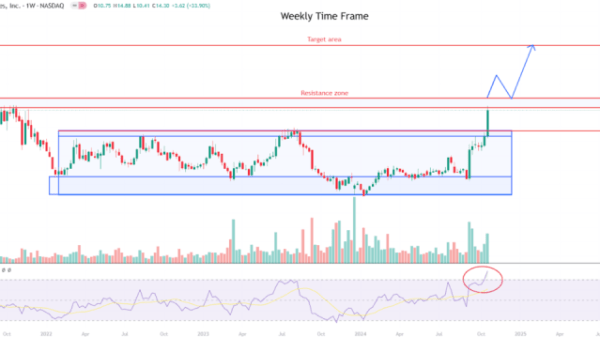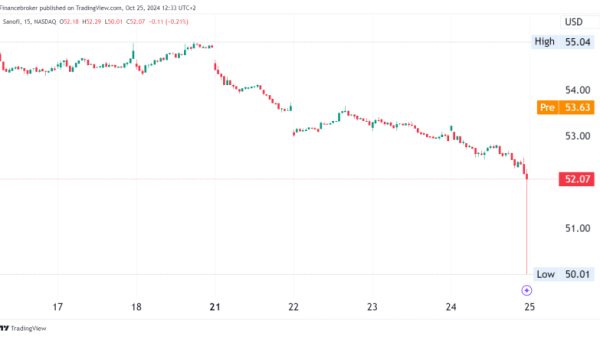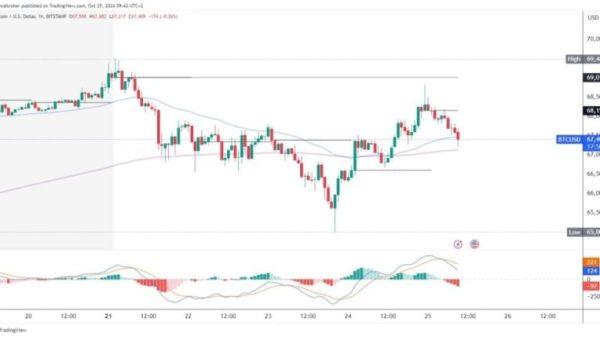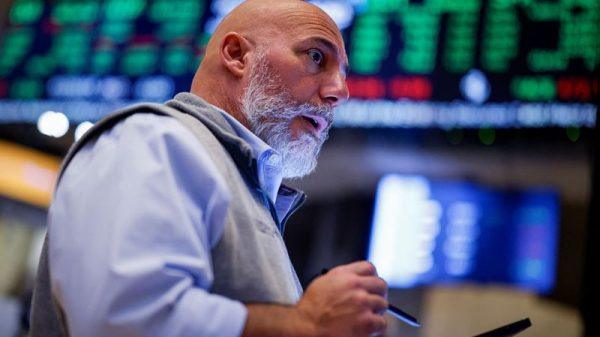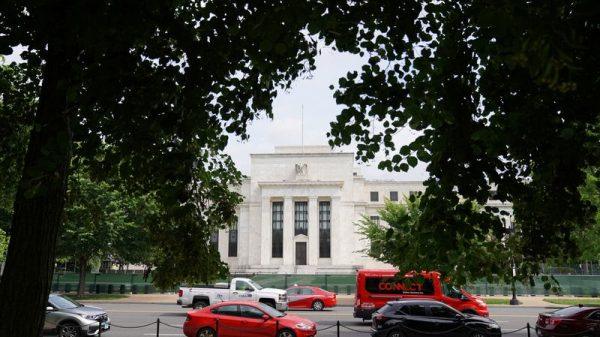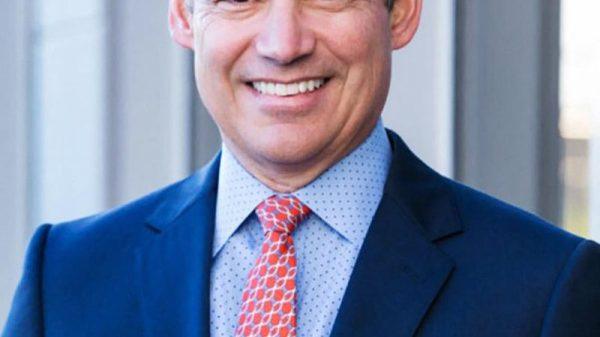By Marcela Ayres
WASHINGTON (Reuters) – Brazil’s government is considering calculating the country’s potential growth rate in addition to the official GDP to show that there is room for the economy to expand robustly without fueling inflation, according to Planning Minister Simone Tebet.
Speaking on the sidelines of the IMF and World Bank annual meetings on Wednesday, Tebet told Reuters that Brazil’s interest rates should not be raised just on the assumption that the economy has reached a point where growth drives inflation.
That is especially true, she said, because economists’ forecasts for activity have been consistently off for the past three years.
“Our ministry and (think tank) IPEA will seek partnerships, including with BNDES, which has expressed willingness to join, to officially determine Brazil’s potential GDP. If the IMF is talking about 2.5%, maybe it’s 2.8%,” she said.
Estimating the Brazilian economy’s growth potential would allow for more balanced discussions on interest rates while respecting the autonomy of the central bank, Tebet said.
Brazil’s central bank has been at odds with President Luiz Inacio Lula da Silva over the country’s high interest rates, which he says hinders growth and job creation.
The central bank recently emphasized that stronger-than-expected growth was a concern when it began a tightening cycle last month, raising interest rates by 25 basis points to 10.75%.
On Tuesday, the IMF raised the forecast for Brazil’s economic growth for this year to 3.0% from 2.1% in its World Economic Outlook, the largest upward revision among major economies this year.
In its July country report on Brazil, the IMF projected the country’s medium-term growth at 2.5%, an increase of 0.5 percentage point from its earlier estimate in 2023.
The government’s forecast is 3.2% GDP growth this year.
“Brazil’s potential GDP is no longer the 1.5% they used to talk about. The IMF is already saying 2.5%, and if they’ve always underestimated, could it actually be 3%? That’s the question we need to ask,” Tebet said.

